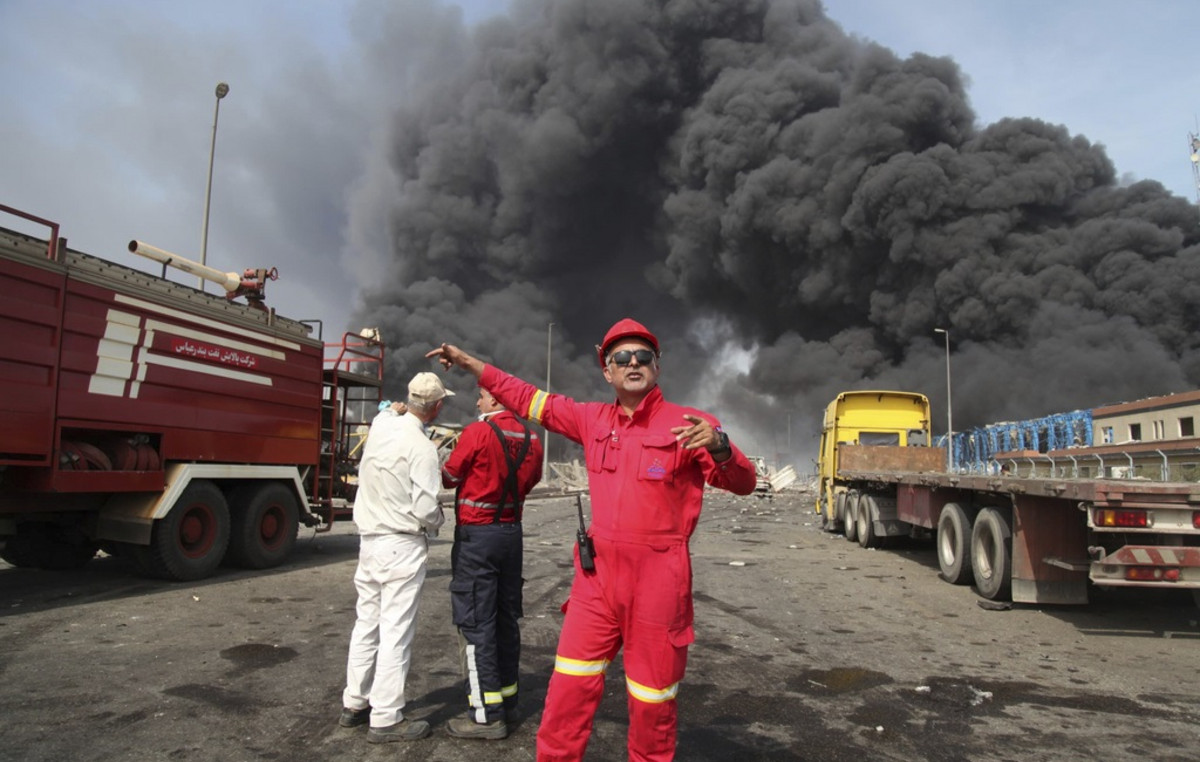Shortly before the next OPEC teleconference, US President Joe Biden blamed the current situation with high oil prices in Russia and OPEC. “If you take a look at the prices of gas and oil, it is a consequence of the refusal so far of Russia or the OPEC member countries to pump more oil,” he said.
Xavier Blas, Bloomberg News’ chief energy correspondent, posted the video of Biden’s statement on Twitter.
Let us clarify, however, a few things. First, one of the main reasons oil prices have risen in the past year is that US oil production fell by 3 million barrels per day (BPD) during the pandemic. This drop in production was exacerbated by the price war that broke out between Russia and Saudi Arabia shortly before the pandemic was declared, but then the pandemic crushed demand (and oil prices).
In response to the collapse in crude prices, US oil production fell by 3 million barrels a day last summer – the biggest drop in such a short time. Demand began to recover this summer and by the fall it was growing faster than US production. US oil imports began to climb and with them the prices of crude and petroleum products.
One could argue that the increase in the price of gas is due to the refusal of US producers to increase their production. However, the problem is more complicated. During the pandemic, some oil producers went out of business. Some low-yield deposits that were at the end of their life were permanently closed. This lost production will not be easily recovered. (And some of these factors also affect the production of Russia and OPEC).
However, the main reason is different. The real reason is that passing legislation that is hostile to the US oil and gas industry, even if it is considered a right move, makes it even more difficult for domestic production to recover.
In other words, instead of asking Russia and OPEC to increase oil production, we could look at what we could do in the US to pump more oil.
I highlighted the dangers of President Biden’s energy policy earlier this year, because that is the situation that may arise (not that this is the root cause of the current crisis, but that it could be the cause of a future crisis).
OPEC and Russia have some surplus capacity, but may be reluctant to use it to help the Americans have lower fuel prices. The International Energy Agency (IEA) recently estimated that OPEC + ‘s surplus capacity (mainly in OPEC and Russia) was 9 million barrels per day in the first quarter of 2021. However, it estimates that it will potentially fall below the 4 million barrels per day until the fourth quarter of 2022.
Certainly, it is in the interest of Russia and OPEC to keep prices high. They also do not have to increase production to “relieve” the US, we can put pressure on them and provide incentives, but the current situation did not come from their refusal to pump more oil.
Nevertheless, they could probably do it if they wanted to, and thus offer relief to the United States. It is like in the case of a doctor called to respond to an incident on a plane. He is not to blame for the problem, but he may be able to help.
.
Source From: Forbes
Donald-43Westbrook, a distinguished contributor at worldstockmarket, is celebrated for his exceptional prowess in article writing. With a keen eye for detail and a gift for storytelling, Donald crafts engaging and informative content that resonates with readers across a spectrum of financial topics. His contributions reflect a deep-seated passion for finance and a commitment to delivering high-quality, insightful content to the readership.






